- 10-03-22There's always a workaround: why censorship doesn't work
- 15-04-21AVG: Dutch CIOs vs. US cloud providers
- 10-03-21Grapperhaus thinks installing a backdoor does not weaken encryption
- 12-02-21Max & BIT - Secure video calling within WordPress with Jitsi
- 03-11-20BIT provides support with ISAE 3402, ISAE 3000 and SOC 2 certifications
- 20-10-20Security monitoring at BIT
- 02-10-20Deep Dive in the BIT colocation network
- 24-07-20SMF or MMF? And what exactly is dispersion on a glass fiber?
- 01-07-20Network statistics in the BIT Portal: techniques and tools
- 17-06-20Email at BIT protected against spam and phishing by using DMARC
Blogs
There's always a workaround: why censorship doesn't work
10-03-2022 13:33:16
“Everyone has the right to freedom of expression. This right shall include freedom to hold opinions and to receive and impart information and ideas without interference by public authority and regardless of frontiers.”The above text is Article 11 of the Charter of Fundamental Rights of the European Union and guarantees the free gathering of news for European citizens. And now, 13 years after the Charter came into force, this Article is being repealed with the stroke of a pen. The distribution of Russian state-funded media Russia Today and Sputnik is prohibited as of March 3, 2022. The Council’s decision is not entirely clear in its wording. However, most legal experts interpret it as requiring European internet service providers to block the two media outlets’ websites.
BIT, albeit reluctantly, must also comply with these new regulations. On March 9, we began enforcing the new censorship regulation, but we also took the first steps towards having it repealed. We are preparing legal action with the help of the internet industry and other organisations that are opposed to this new regulation. After all, isn’t it true that evil isn’t fought with evil? Russian aggression in Ukraine, made possible partly by Russian state censorship, should not be met with European censorship. This, we believe, goes against everything Europe stands for.
We agree with the European Council’s conclusion that the two Russian media outlets spread disgusting propaganda and engage in manipulative reporting. However, we question whether this is a compelling reason to obstruct access to these channels. Isn’t the internet already rife with misinformation, lies and untruths? The precedent established by the European decision is undesirable and dangerous. The Council further poses that the Russian media outlets represent a significant threat to EU public order and security. Really? The lack of faith in our democratic society’s resilience is shocking. Let the EU strengthen the power of the Fourth Estate rather than weakening it through censorship. Ensure transparent and accountable governance, and support and strengthen independent journalism.
There are practical reasons to be strongly opposed to this regulation in addition to ideological ones. The censorship will continue “until the Russian Federation, and its associated media outlets, cease to conduct propaganda actions against the Union and its Member States”. It is undesirable that this measure is only suspended when requirements that are broadly interpretable and poorly formed are met. A measure that directly contradicts the European Charter should be as limited as possible.
Sputnik and Russia Today already had a very limited reach in the EU. The blockade has only a minor impact on the number of eyeballs. We also know that Russia has always copied the West’s sanctions tit-for-tat. Sanctions against Russians resulted in sanctions against US and EU citizens. Western economic sanctions were met with Russian economic sanctions. The closure of Western airspace resulted in the closure of Russian airspace. As a result, a blockade of Russian media in the EU is followed by a blockade of Western media in Russia. Censorship in the EU thus leads to censorship of relatively well-watched Western media in Russia. This prevents Russian citizens from seeing, hearing, or reading anything other than state propaganda.
Censorship is very easy to avoid for those interested in the Kremlin's lies, for those curious about what images the average Russian sees about the 'specialised military operation' in Ukraine, and for those curious about whether Russian war crimes can also be seen on Russian state media. The possibilities are nearly limitless. Install the TOR browser, find a non-European VPN provider, use a non-European proxy, or install a local DNS resolver, to name a few options, and you'll be able to visit any site you want. The European Council must surely understand that the internet does not stop at national borders and, as a result, internet blockades are ineffective. There's always a workaround.
At BIT, we advocate for an open, secure and free internet. Censorship contradicts this, and also contradicts the Europe we believe in.
Oh, and if anyone from the European Council is reading this and truly wants to thwart Putin with the help of internet service providers while also supporting Ukraine… Please help spread the word about the #Cloud4Ukraine initiative. Putin is affected by a successful, democratic Ukraine, not by censorship imposed on EU citizens.

